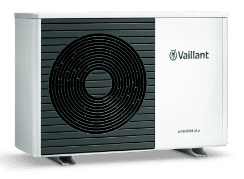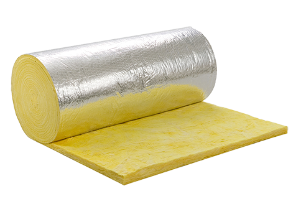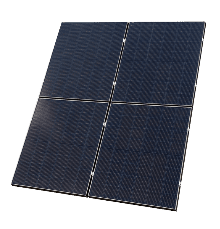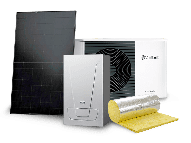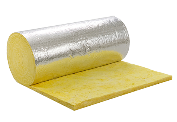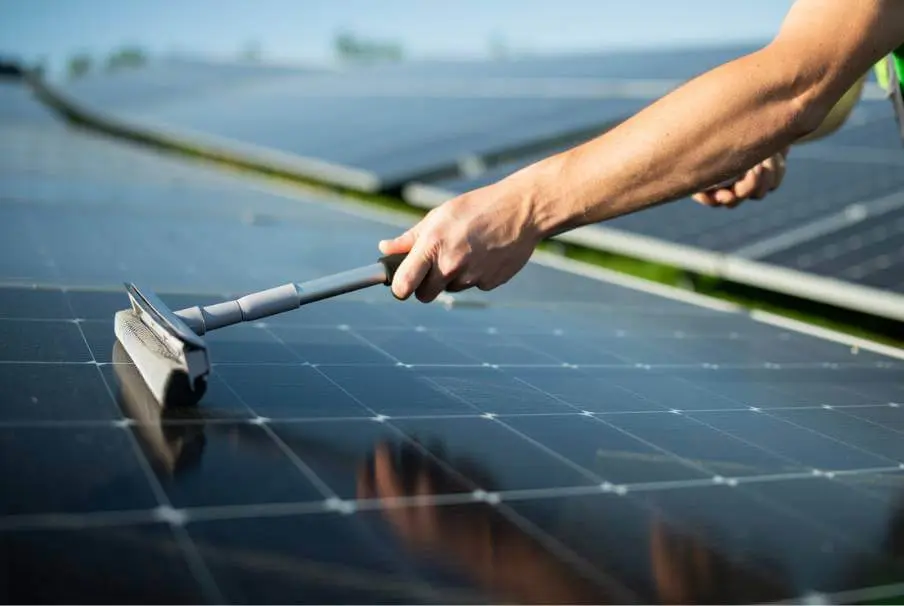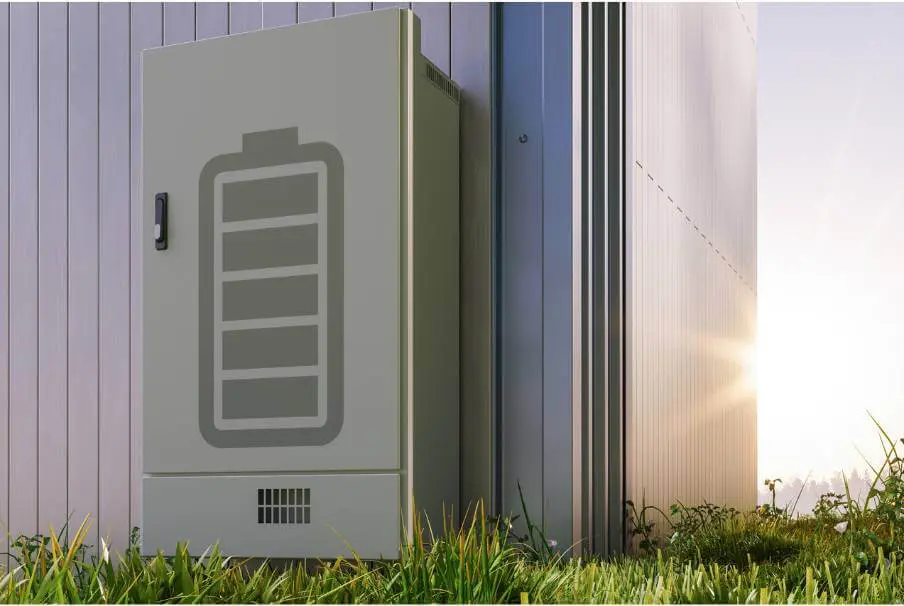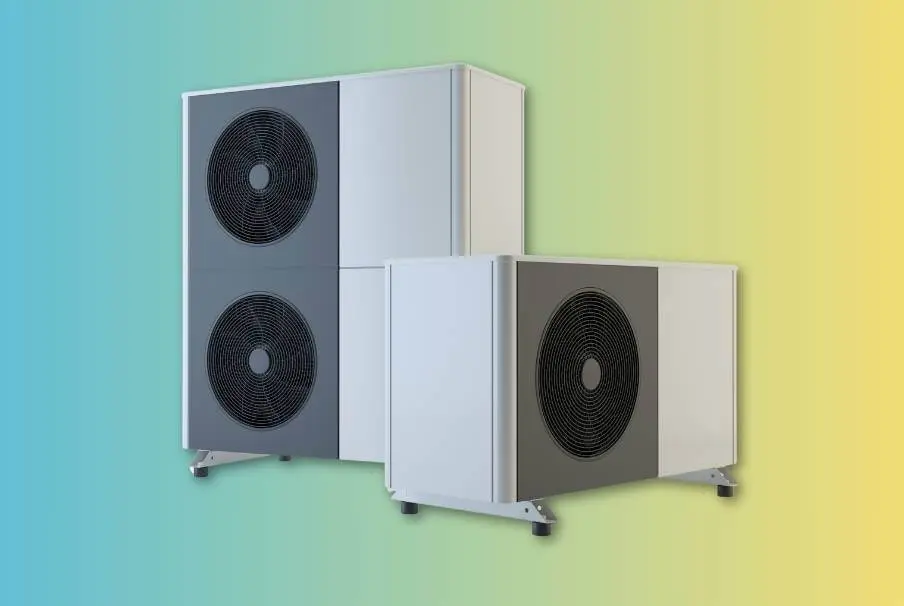What Are The Different Types of Air Source Heat Pumps?
Eco Providers
April 25, 2025
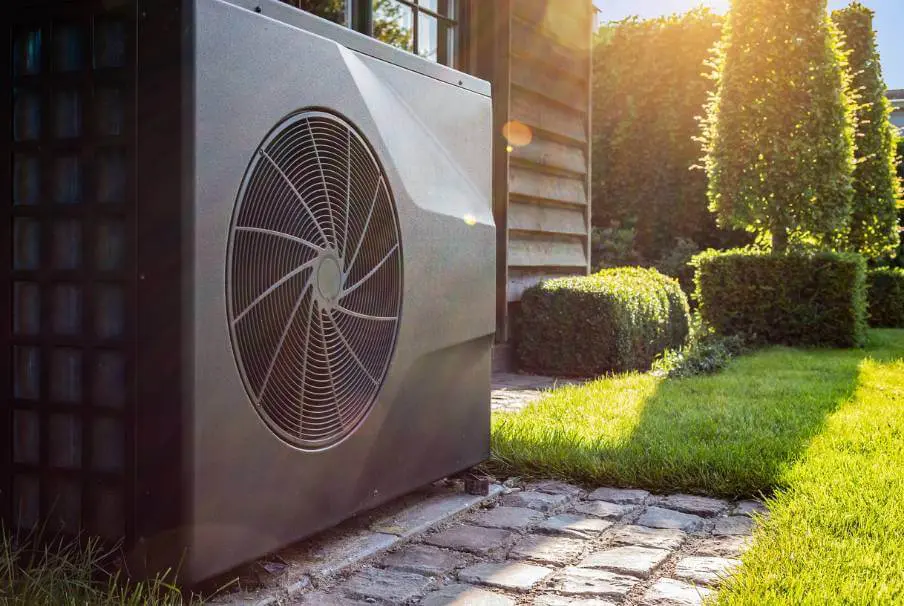
April 25, 2025
When it comes to keeping your home comfortable all year-round, air source heat pumps are becoming an increasingly popular choice for many homeowners. Offering an environmentally friendly way to heat your home, there are many types of air source heat pumps available which can be overwhelming when trying to figure out which one is right for you.
Whether you’re looking to enhance your home’s energy efficiency, reduce your carbon footprint, or you’re simply looking for a way to keep your home warm and cosy, we explore the different types of air source heat pumps available, explaining how they work and the unique benefits they offer.
Air to air heat pumps
As the name suggests, air to air heat pumps utilise the outside air to both heat and cool living spaces, making them a versatile choice for many homes. They work well in various climates and provide a great alternative to traditional central heating systems. They also have a fairly straightforward installation process and usually require less space than you might think.
How do air to air heat pumps work?
These types of heat pumps work by capturing heat from outdoor air and redistributing it to heat a home. This process first involves an outdoor unit drawing in the air. Then, a heat exchanger extracts the heat from the air using a refrigerant. The refrigerant is compressed and moved to an indoor unit, which then releases the heat into your home.
Air to air heat pumps can also reverse this process and act as an air conditioner by removing heat from your home and expelling it outside. It’s this ability to switch between heating and cooling modes that make them extremely versatile and popular among many homeowners.
What are the benefits of air to air heat pumps?
There are many benefits of air to air heat pumps including:
- Versatility, providing both heating and cooling
- Energy efficiency
- Significant savings on energy costs
- Lower carbon emissions
- Improved air quality
- Reduced reliance on fossil fuels
Air to water heat pumps
Air to water heat pumps are an innovative heating solution that are ideal for homes that need a lot of hot water or have underfloor heating. Their ability to meet unique water heating needs sustainably have made them very popular for both commercial and domestic properties, especially so for those looking to reduce energy consumption while maintaining comfort.
How do air to water heat pumps work?
These systems work by extracting heat energy from the outdoor air and using it to heat water, which can then be circulated through radiators, underfloor heating systems, or stored in a hot water cylinder.
The process starts with the heat pump using refrigerants to absorb heat from the outside air. The refrigerant is then compressed which raises the temperature, and the heat is then transferred to water within a particular heating system. This process is repeated to ensure a consistent water temperature.
What are the benefits of air to water heat pumps?
Air to water heat pumps offer a range of benefits such as:
- Energy efficiency
- Lower water heating costs
- A reduced carbon footprint
- Compatibility with various heating systems
- Versatility when heating water
Ground source heat pumps
Ground source heat pumps use solar energy that is stored in the earth to provide efficient heating throughout a home. They rely on a network of buried pipes, known as ‘ground loops’, to extract heat energy. They offer excellent efficiency due to stable ground temperatures, and it can be argued that these heat pumps surpass air source pumps in terms of performance, as they’re adaptable for various property types.
How do ground source heat pumps work?
Ground source heat pumps are a great way to harness the earth’s natural energy for heating and cooling your home. During the winter, these systems extract and absorb heat from the ground via the ground loops that are filled with fluid, which is then transferred into your home. In the summer, this process is reversed – removing the heat from your living space and depositing it back into the ground.
What are the benefits of ground source heat pumps?
Delivering long-term benefits that make them a worthy investment, some key advantages of ground source heat pumps include:
- A reliable and sustainable source of energy
- Lower energy costs when compared to traditional heating systems
- Minimal environmental impact due to producing fewer greenhouse gas emissions
- Long-term durability with minimal maintenance
- Consistent heating and cooling regardless of outdoor conditions
Hybrid heat pumps
Hybrid heat pumps combine two heat sources to maximise efficiency and allow homeowners to take advantage of the benefits of both technologies. This approach ensures effective heating, especially when energy demands are high. With the ability to switch between different systems based on temperature needs, they are hugely versatile for various climates.
How do hybrid heat pumps work?
As mentioned, hybrid heat pumps work by pairing two heating systems to optimise energy usage based on the outdoor climate. The most common pairing is usually an air source heat pump and a gas boiler.
The boiler handles high-demand situations, such as supplying heat quickly in the winter, while the heat pump operates in milder weather, extracting heat from the outside air. Together, they improve overall energy efficiency and create a cost-effective heating solution without compromising on comfort.
What are the benefits of hybrid heat pumps?
Hybrid heat pumps offer a range of benefits that make them very popular with many homeowners, such as:
- Lower carbon emissions by utilising a renewable energy source
- Year-round comfort due to their adaptability to different climates
- Enhanced overall performance
- Flexibility between two types of heat sources
- Reduced energy costs
Water source heat pumps
Water source heat pumps are ideal for properties that have access to water sources, such as rivers or lakes. This is because they draw heat energy from bodies of water to provide both heating and cooling to living spaces, offering a reliable, renewable, and unique heating solution. These types of heat pumps are much more reliable than you might think as water temperatures often tend to be much more stable than air temperatures.
How do water source heat pumps work?
A water source heat pump system works by capturing heat energy from water using a refrigerant cycle and transferring it indoors. The system relies on the coefficient of performance (CoP), as this ensures the heat transfer remains efficient across different climate temperatures. Heat exchangers and compressors also play an important role in moving and amplifying the heat around a home.
What are the benefits of water source heat pumps?
Water source heat pumps offer a variety of notable advantages, including:
- Energy efficiency thanks to consistent water temperatures
- Lower energy bills
- Environmentally sustainable by using less greenhouse gas emissions
- Less maintenance due to fewer moving parts
- Less noisy when compared to traditional air source heat pumps
Thinking about installing an air source heat pump?
If you’re thinking about installing an air source heat pump to your property, understanding the different types available is crucial when choosing the right one for your needs. Each type comes with their own unique benefits, allowing you to enhance your home’s energy efficiency and enjoy a comfortable living environment.
At Eco Providers, we’re certified heat pump professionals that can guarantee a smooth installation of your chosen heat pump. When you choose us, we’ll make the whole process straightforward and simple, and provide you with tailored support and guidance throughout.
We can also help you check if you’re eligible for the Boiler Upgrade Scheme (BUS), which could see up to £7,500 deducted from your installation cost if approved – we’ll even handle the application process on your behalf. Don’t hesitate to contact us today to find out more how we can help you.
Air source heat pump FAQs
An air source heat pump typically lasts between 15-20 years with proper maintenance. Conducting regular servicing, cleaning coils, and ensuring unobstructed airflow can enhance your heat pump’s durability and overall performance, which contributes to a long lifespan.
Yes, most air source heat pumps offer dual functionality. The ability to switch between heating and cooling modes is made possible through a reversing valve, which allows the system to act both as a heater and an air conditioner.
When selecting a system, you should consider factors like installation costs, your household size, your energy needs, the local climate adaptability, and efficiency ratings. All of these considerations ensure your chosen heat pump aligns with your property and sustainability goals.
